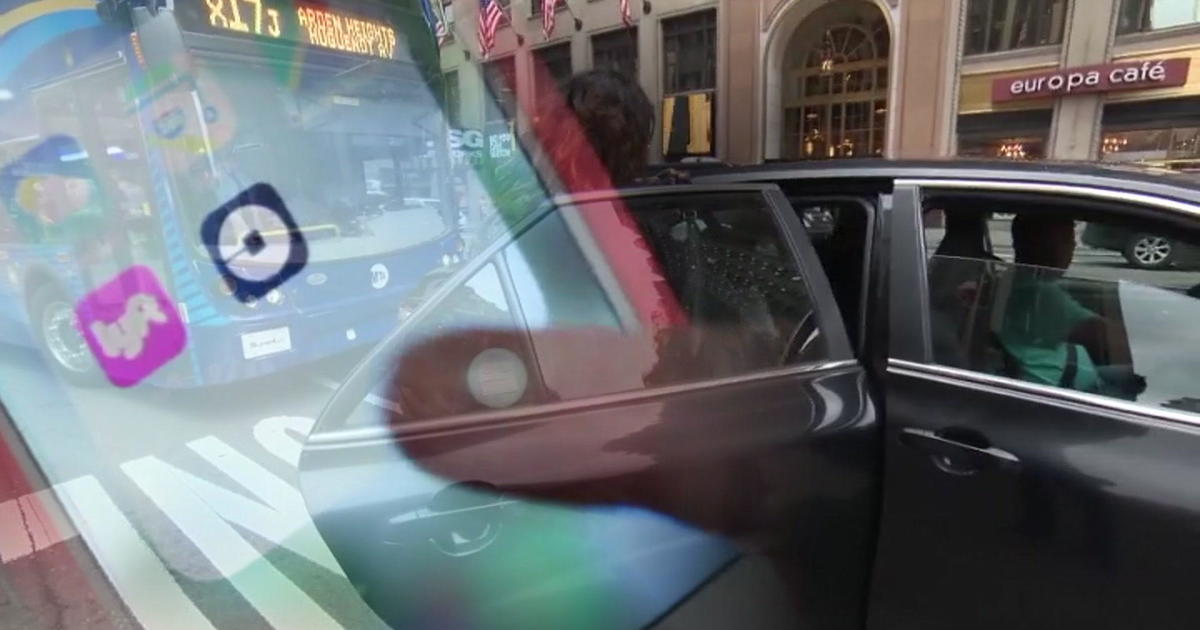Rideshare Giants Lyft and Uber Flex Muscles in Face of Minneapolis City Council’s Minimum Wage Rule

Rideshare Giants Lyft and Uber Flex Muscles in Face of Minneapolis City Council’s Minimum Wage Rule
In a bold stand, Lyft and Uber, the trailblazing titans of the rideshare industry, have issued a potent ultimatum, threatening to halt operations within Minneapolis. This move comes hot on the heels of the city council’s pioneering decision to establish a minimum wage framework for rideshare drivers, a decision that has stirred a hornet’s nest of debate and could potentially reshape the landscape of gig work.
The city council’s decision to establish a minimum wage for rideshare drivers was cast against a backdrop of growing discussions around worker rights and fair compensation in the gig economy. The ordinance, which would mandate a guaranteed minimum wage and regulate working conditions, is touted by supporters as a significant stride towards securing the financial well-being of drivers who have long navigated the uncertain terrain of gig work.
However, the response from rideshare giants Lyft and Uber has been nothing short of resolute. The threat to discontinue their services in Minneapolis is an audacious gambit that underscores the contentious nature of the issue. The question at the heart of this showdown revolves around the clash between maintaining the flexibility that characterizes gig work and ensuring drivers’ financial stability.
Lyft and Uber, both founded on the bedrock of innovative disruption, have ignited a revolution in urban transportation, transforming the way people traverse cities. Their platforms have not only provided unprecedented convenience but have also offered countless individuals an opportunity to generate income on their own terms. This defining feature, the flexibility of gig work, is now at loggerheads with the city council’s push for a minimum wage, an initiative aimed at reducing economic disparities.
The crux of Lyft’s and Uber’s argument against the new rule lies in the belief that enforcing a minimum wage could jeopardize the very flexibility that sets ridesharing apart. Drivers who have embraced this mode of income generation precisely for its adaptable nature might find themselves shackled by rigid schedules and constraints. The fear is that a minimum wage could lead to designated shifts and less autonomy, eroding the very essence of what has made rideshare driving attractive to many.

Conversely, proponents of the new rule contend that while flexibility is crucial, it should not come at the expense of drivers’ financial security. Rideshare driving, often hailed as a means to supplement income or bridge financial gaps, has also been criticized for its lack of stability and inadequate benefits. The city council’s effort to mandate a minimum wage seeks to address these concerns, ensuring that drivers receive a fair compensation floor while still retaining some degree of flexibility.
The standoff highlights a deeper struggle within the gig economy itself: the quest for a balance between entrepreneurial independence and worker protection. Many gig economy workers find themselves in a paradoxical situation, relishing the freedom to set their own schedules but yearning for more dependable earnings and benefits. The Minneapolis ordinance, although specific to rideshare drivers, taps into this overarching debate about labor rights and social safety nets in an evolving economic landscape.

In their fiery proclamation, Lyft and Uber have raised the stakes by not only threatening to withdraw from the Minneapolis market but also signaling the potential consequences for other cities considering similar regulations. The rideshare giants argue that the imposition of a minimum wage could lead to increased prices for riders, potentially reducing demand for their services. This, in turn, could impact the very drivers the rule seeks to protect, as fewer ride requests could translate to diminished earning opportunities.
The debate also resonates with the ongoing discourse on the classification of gig economy workers. The issue of whether drivers should be deemed employees or remain independent contractors remains a contentious one. Employee classification could entitle drivers to benefits like health insurance, overtime pay, and unemployment benefits, but it could also entail a loss of the flexibility that has been the hallmark of gig work.
Critics of Lyft’s and Uber’s stance argue that the threat to exit markets is a tactical move, aimed at exerting pressure on local governments to bend to their will. They suggest that the rideshare companies could use this tactic to avoid compliance with labor laws and regulations that could potentially alter their business models and profitability.
The Minneapolis standoff is far from the first time rideshare companies have clashed with local governments over regulations. Similar battles have played out in cities around the world, reflecting the challenges of integrating disruptive technologies within established regulatory frameworks. The power dynamics between innovation-driven corporations and elected officials striving to safeguard the interests of their constituents often result in protracted negotiations and compromises.
As this high-stakes drama unfolds in Minneapolis, it has the potential to set a precedent for how gig economy regulations are shaped and enforced across the nation. The outcome could either embolden other cities to follow in Minneapolis’s footsteps or dissuade them from challenging the status quo.
In the grand tapestry of the modern economy, the clash between rideshare giants and the Minneapolis city council is a thread that illuminates the complex interplay between innovation, worker rights, and regulatory oversight. The decision on whether Lyft and Uber will carry out their threat to cease operations in Minneapolis could pivot on the fulcrum of economic viability versus the pursuit of a fairer, more equitable gig economy.
As the city council and rideshare companies continue to lock horns, the eyes of the nation are fixed on Minneapolis. This battle transcends local boundaries; it symbolizes the broader struggle to strike a harmonious chord between the promise of innovation and the imperatives of worker well-being. The imminent days will reveal whether this clash will pave the way for a more balanced future or deepen the fault lines in the ever-evolving landscape of labor and technology.





